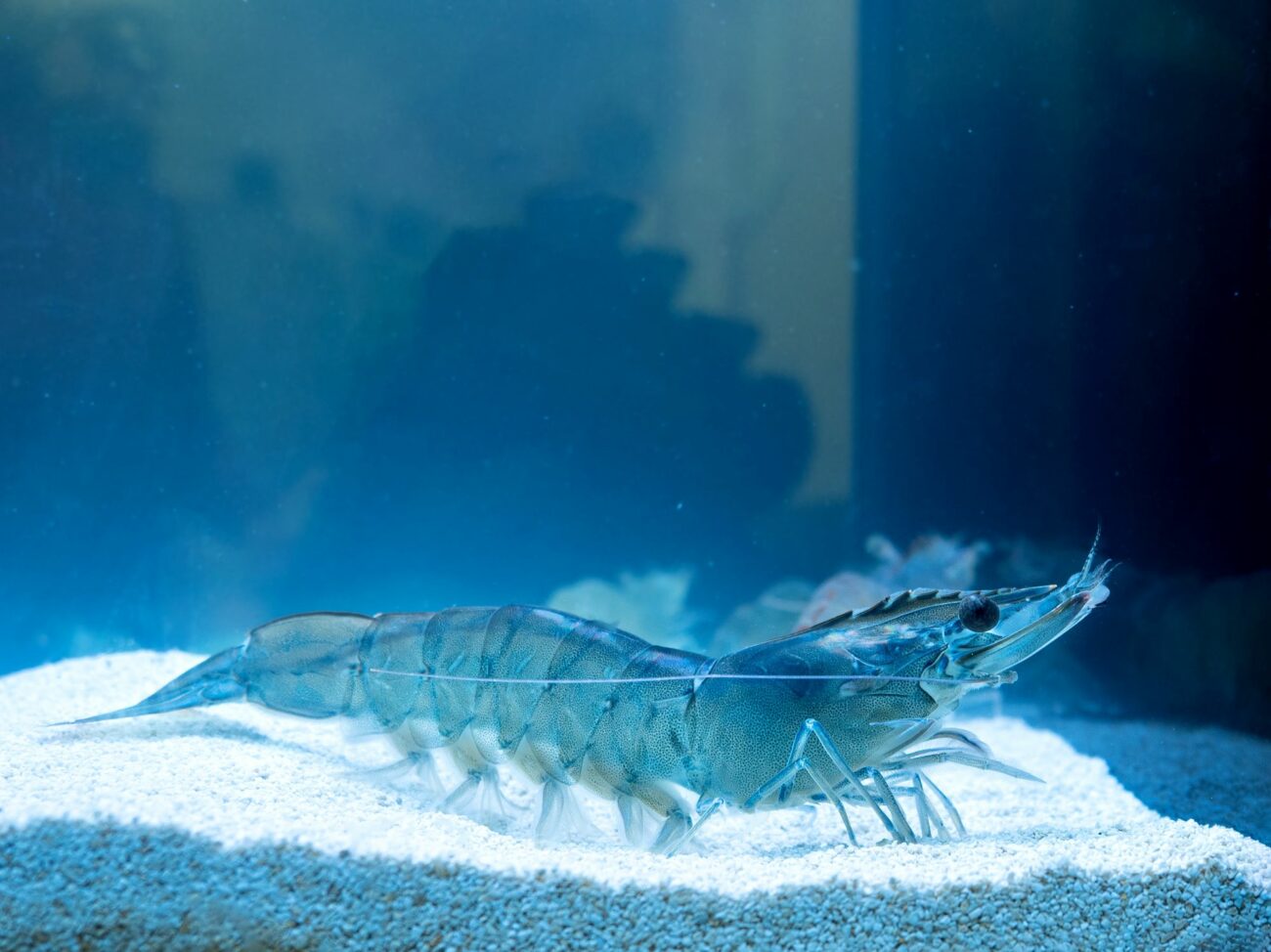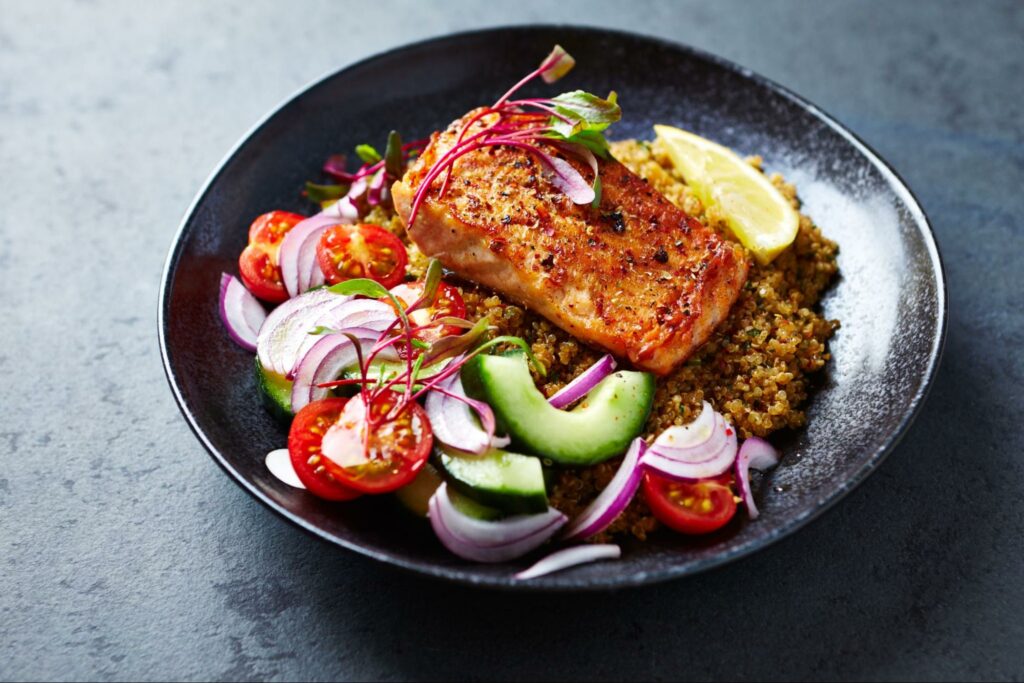A new study on Panaferd® highlights its benefits for whiteleg shrimp Penaeus vannamei, including improved low-temperature stress tolerance, immunity, and resistance to Vibrio parahaemolyticus.
Introduction
It is widely known that the most common commercially produced shrimp, Penaeus vannamei, is highly susceptible to environmental stressors such as high and low temperatures. Diseases from bacteria such as Vibrio spp. have become a severe challenge, affecting survival rates and overall health. To prevent these situations, farmers have started taking various measures to improve their feed quality and aquaculture methods.
Because of its high antioxidant potential, astaxanthin is used as a supplement for humans, cosmetic materials, and feed additives. Panaferd® produces abundant, naturally occurring astaxanthin and contains carotenoids with higher antioxidant potential than astaxanthin alone.
The Experiment
An experiment was conducted over 30 days to evaluate the effects of astaxanthin in whiteleg shrimp Penaeus vannamei. The whiteleg shrimp (4.5 g) were divided into two groups: one group was fed a control diet with no astaxanthin supplement, and the other was fed a diet containing Panaferd® at 100 ppm astaxanthin.
The Results
Under low-temperature water stress (10°C), survival was significantly higher for the Panaferd® shrimp group, and genetic analyses showed that the stress-responsive protein HSP (Heat Shock Protein) 70 and HSP90 gene expressions were slightly lower than the control group. These results suggest that Panaferd® significantly contributes to improved survival and stress tolerance.
Further Confirmation in Additional Test
In addition to that test, Vibrio parahaemolyticus infection (AHP disease) was administered to both the control and whiteleg shrimp fed with Panaferd®. The mortality rate was assessed over 10 days, and results showed that the Panaferd® group’s survival rate was twice that of the control group. These results confirm that Panaferd® carotenoids enhance resistance to bacterial infection.
Conclusion
We expect these results to increase shrimp aquaculture yields and contribute to sustainable aquaculture. We will continue to demonstrate the various healthy functions and benefits of Panaferd®.
Please read the full paper for more details.



